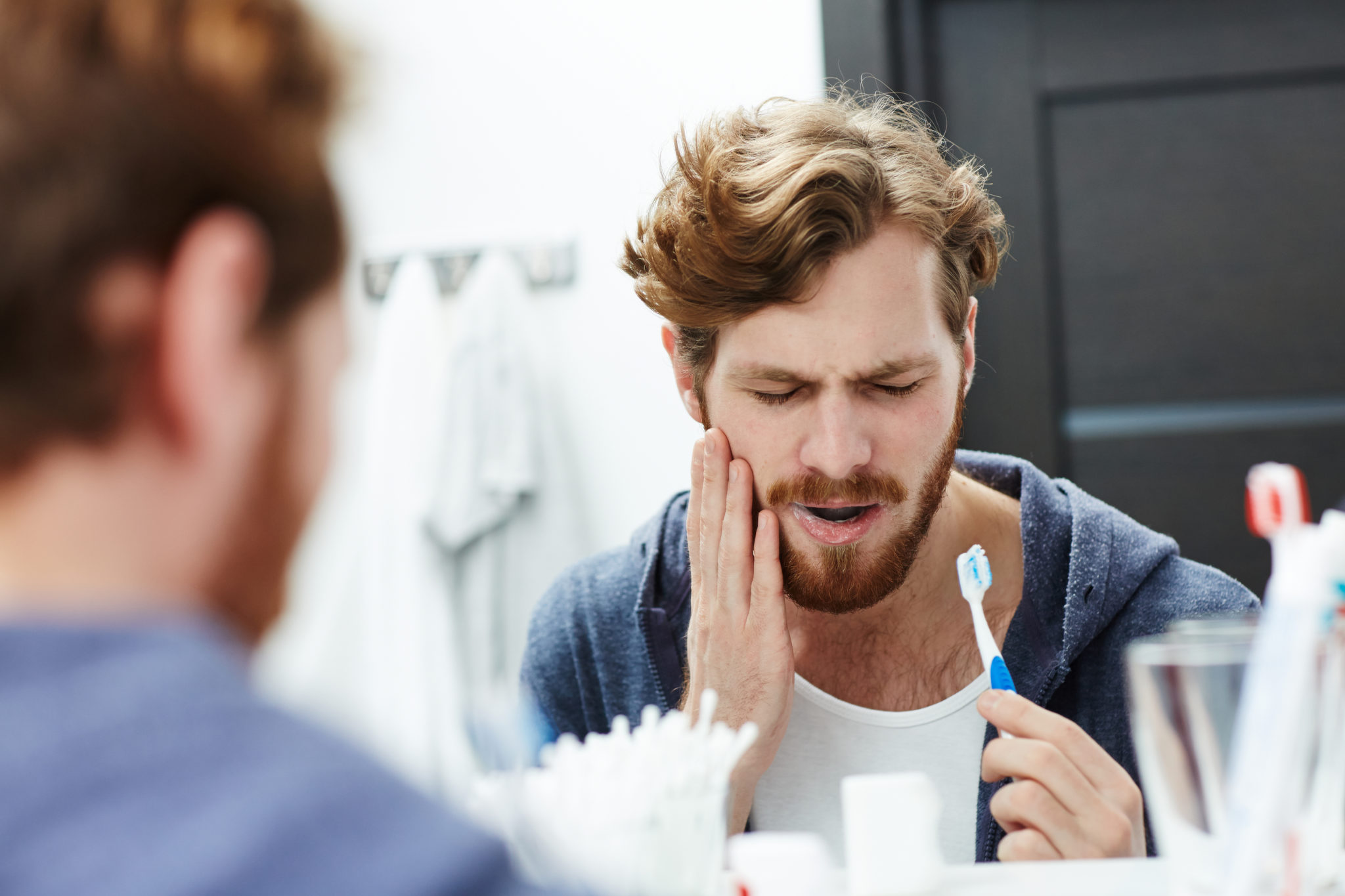Practicing good dental habits is a crucial part of maintaining your overall health and well-being, but some brushing habits can actually do more harm than good.
Whenever you brush and floss, it’s important to make sure that you’re doing this correctly to prevent damage to your teeth and gums.
Read on to learn more about some habits that might not be great for your oral health, and what you can do to correct them.
Bad Brushing Habits: Too Much Pressure Can Cause Harm
When you brush your teeth, you might think that the harder your brush, the cleaner your teeth will be. However, these brushing habits can actually make things worse for your teeth and gums over time.
Brushing too vigorously or applying too much pressure when you brush can damage the protective enamel on your teeth, leaving them vulnerable to cavities or infection. It can also cause your gums to become inflamed, make them bleed, or just cause pain in general.
When you brush your teeth, pay close attention to how your gums feel. If they’re tender or sensitive to the touch, there is a good chance that you could be applying too much pressure with your toothbrush.
Other signs of brushing too hard include tooth pain or your teeth look darker near the gum line – an indication that the gums are receding and the dentin is exposed. To avoid these problems, simply apply less pressure and try to brush your teeth more gently moving forward.
Biting or Chewing Things You Shouldn’t
While this one isn’t a brushing habit, it’s still a common habit that many people have. If you love to chew on ice, pencils, or other hard objects, you’re putting the health of your teeth at risk.
Never try to open something using your teeth, and try not to chomp on ice cubes whenever you can avoid it. Chewing these things will eventually cause damage to your teeth and could even cause one of them to crack.
If you have fillings, chewing on hard items can cause the filling to become loose or even fall out completely. To avoid this, drink beverages with a straw and try a sugar-free gum that contains xylitol to keep those unhealthy chewing habits at bay.
For those who grind their teeth or clench their jaw, it’s important to find a way to avoid this common issue. A mouthguard that you can wear while you sleep will help to protect your teeth and keep them from grinding together.
Avoiding Visits to the Dentist
Perhaps you have a fear of the dentist, or maybe you simply haven’t made the time for an appointment. Scheduling regular cleanings are one of the most important good dental habits you can adopt.
Ideally, you should have your teeth professionally cleaned at least every six months. Not only will you get a good cleaning, but your dentist will also perform x-rays and look carefully at your teeth and gums for any signs of damage or disease.
It’s estimated that approximately 42% of Americans admit that they don’t go to their dentist as often as they should. Don’t be a statistic! Schedule an appointment to have your teeth cleaned and examined as soon as possible to keep your oral health on the right track.
When you visit the dentist on a regular basis, you’ll have a much better idea about the state of your oral health. It’s also the best way to catch any issues as soon as possible before they get out of hand so you can take steps to correct them.
Not Brushing After Meals
Another bad brushing habit is simply not brushing your teeth after you eat. When you eat food, it leaves residue behind, which will eventually wear the enamel off of your teeth and cause painful cavities.
According to the American Dental Association, you should brush your teeth approximately 30 minutes to an hour after you eat to keep them healthy and clean. This allows time for the food you eat to be removed from your teeth before you brush them.
If you brush too soon after eating, certain ingredients like acids in orange juice or sugar in desserts will still be sitting on the surface of your teeth. Brushing immediately can spread those harmful ingredients out and onto the rest of your teeth and gums, causing more harm and good.
Bring a toothbrush and toothpaste with you to work, then brush about a half hour or so after lunchtime. You should do the same thing in the morning after breakfast and again after dinner or before you head to bed.
Bad Flossing Habits
Using dental floss is another part of good oral care, but you can also do harm if you don’t floss the right way. First, avoid flossing between your teeth in a saw-like motion, or else you could cut your gums.
Never re-use the same section of floss since it will already be covered in plaque and food particles. Floss gently and never use aggressive movements that can cause gum irritation and inflammation.
Finally, while flossing is important, it should never be considered a substitute for brushing your teeth. The two things should be done in conjunction to ensure that your mouth is as healthy as possible.
Start Good Dental Care Habits Today
Now that you know more about some bad brushing habits and oral care habits, you can keep your teeth and gums healthy. Remember to visit your dentist regularly for cleanings and examinations every six months for the best results.
If you’re ready for a cleaning, examination, or other dental services near Webster Groves, MO, contact us today to schedule an appointment.
